What Is a VPN on iPhone & How Does It Work?


What to Know
- VPN stands for Virtual Private Network. This type of network keeps your connection private.
- When choosing a VPN, there are a variety of factors to consider, such as how many devices you have and your data consumption.
- Avoid using free VPNs as well as VPNs that log traffic or that have few servers.
You may have heard or read the acronym VPN in recent news stories about internet privacy and security and wondered, "What does VPN mean on iPhone?" VPN stands for Virtual Private Network, an extension of a private network over a public one that allows users to send and receive data safely, securely, and anonymously so that hackers, websites, and advertisers can't access it. Before picking the best VPN service for your needs, there are a few things to learn. Let's get started familiarizing ourselves with Virtual Private Networks.
How Does a VPN Work on iPhone?
Virtual Private Networks connect your device to one or more servers and route all your traffic through those servers with a secure, encrypted connection. This way your private data can't be stolen, even if you're accessing the internet via cellular data or an unsecured Wi-Fi network. This means several things: your IP (Internet Protocol) address is masked, so you're anonymous online; throttling is also eliminated because your internet service provider can no longer inspect your data and restrict connection speed, lowering the quality of streaming and downloads; and an additional benefit for travelers or those hoping to access content only available in another country is that VPN allows users to access geo-blocked content from anywhere in the world.
In addition to addressing privacy concerns like hacking and malware, a VPN allows users to remotely utilize the private internal systems and features of the workplace and other networks without being on-site. If you work from home, travel, or enjoy taking your tablet or laptop to the coffee shop to catch up on emails, social networking, or banking, it's time to join a Virtual Private Network! Sounding good so far? Then let's move on to the next step!
What Is the Best VPN for iPhone?
Not all VPNs are created equal, and there are several things to research before choosing which VPN is right for you. If you don't find a VPN that will work for you, there's always the option to create your own. I'll get into that in another article though; for now, let's stick to choosing a VPN service already available on the market. For more iPhone privacy advice, sign up for our free Tip of the Day newsletter. Now, here are some things to look into before deciding on a Virtual Private Network:
What Kind of Access Do You Need?
If you only need secure access to your home network, you won't need to invest in a VPN service. This is because a VPN gives you secure access to a remote network when all you're looking for is secure access to your own. If this is the case for you, invest in a router with a built-in VPN server. If you're like most of us, though, you also connect to your email and social networks throughout the day while you're away from home. While you can direct all this traffic through your home router/VPN, it's easier for beginners to invest in a VPN service.
Make Sure the VPN Protocol Is Compatible with Your Devices
Since this article focuses on Apple products, it's important to know that the iPhone and iPad use L2TP/IPSec authentication, and OpenVPN. If you're connecting with a Mac, you'll need a VPN service that connects with OpenVPN. Ideally, the VPN service you choose should offer both L2TP/IPSec and OpenVPN to accommodate all your Apple devices.
Number of Devices
How many connections do you need? You'll want VPN service for all the mobile devices and computers you and your family use to access the internet. NordVPN, for example, covers up to ten devices at the same time. Make sure that your contract covers multiple people using the VPN account, not just multiple devices. If you purchase your VPN service through the App Store, check to see if Family Sharing is allowed for the VPN app you've selected.
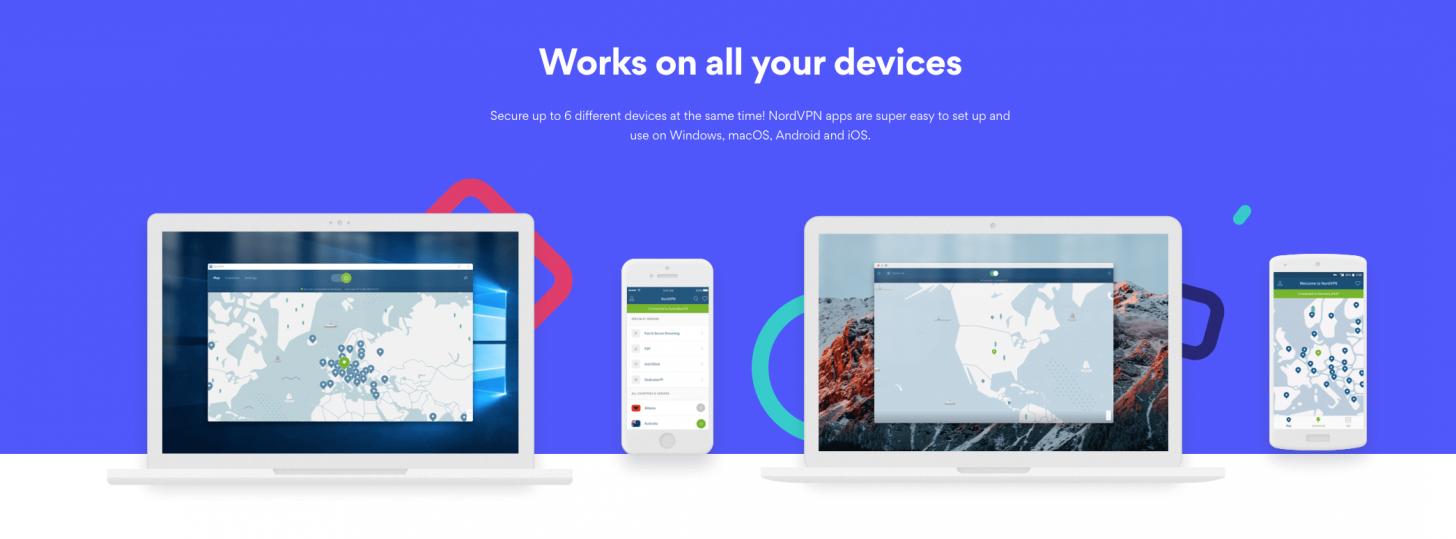
Photo Credit: nordvpn.com
Amount of Data
In addition to the number of devices you'll connect to your VPN, you need to take into account how much data those devices use. Decide how much capacity you need, and make sure that your VPN can provide the service you need without throttling. The more servers your VPN provider operates, the more bandwidth they have to offer. IP Vanish, for example, has over 700 servers worldwide. Always check out the server number, as well as the terms of service, to decide if a VPN offers the bandwidth, without throttling, that you need.
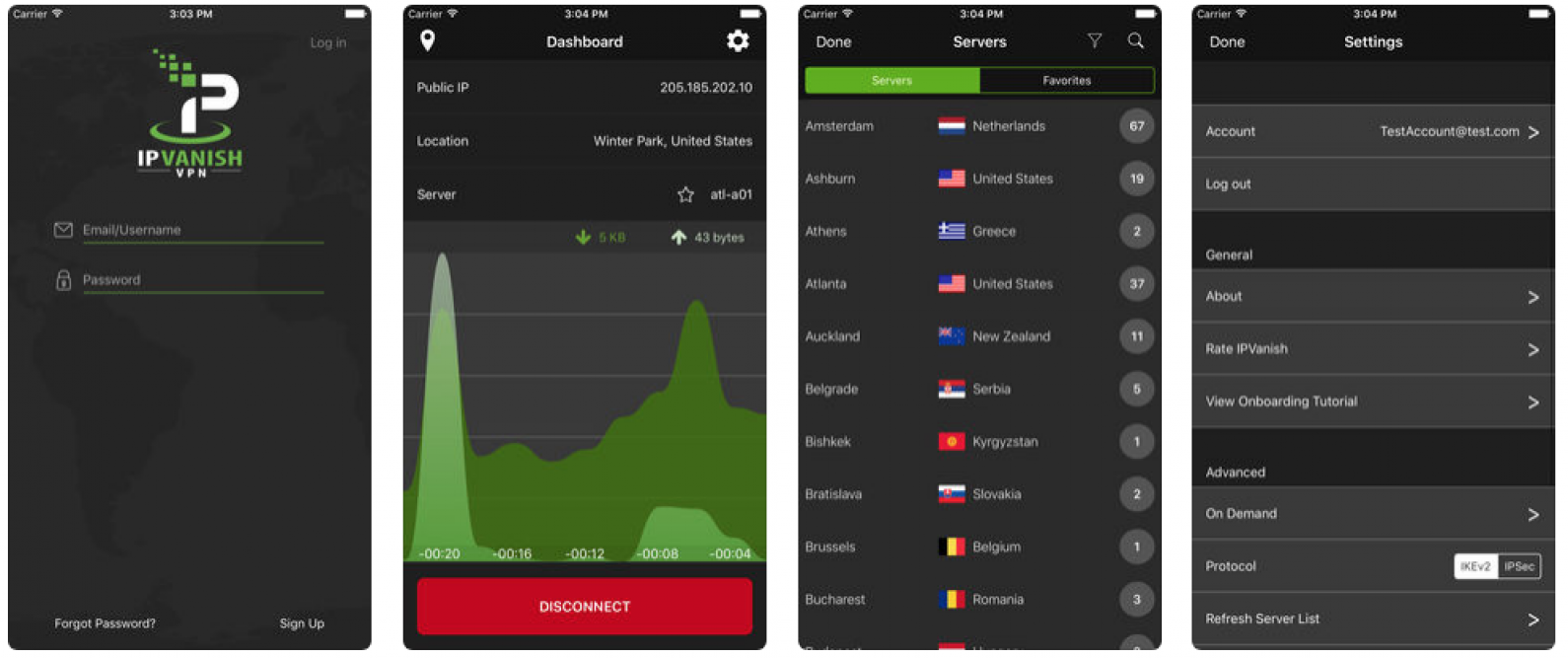
Find a Truly Private VPN
The whole point of paying for VPN service is to ensure that your data and internet traffic are private, so you'll need to check and make sure that your Virtual Private Network isn't actually a Virtual Sorta-Private Network. You'll want to research a few things to make sure your online anonymity and security are maintained, namely, what kind of privacy policy does your VPN service offer, do they log your internet browsing history, and where are their servers located.
Privacy Policy
Reading the fine print is never at the top of anyone's list of exciting activities, but if you're security minded, this is information you need. Read through to find out what kind of personal information your VPN collects and stores, where that data is stored, how much operational data such as data usage is collected, and how financial data like the credit card number and security code you use to pay for your subscription is kept safe. For an example of a very clear privacy policy, check out how TunnelBear wrote theirs!
Photo Credit: TunnelBear
No Traffic Logging, Please!
Your VPN shouldn't be logging your internet traffic for any reason, because it's your business where you go on the internet and why. Some VPNs will add a caveat in their privacy policies that they may log your online activity for "a brief window" for speed tests and maintenance, but I don't find this acceptable. If you're paying for privacy, then it's up to the VPN to run their own searches to accomplish maintenance and upgrades, not use customer data.
How Many Servers and Where?
As we discussed earlier, the more servers a VPN has, the more bandwidth it can offer customers. Check into where those servers are located, though, to make sure they aren't in countries known for censorship and disregard for personal privacy. Iraq, Turkmenistan, North Korea, and Belarus currently ban VPNs, while countries like China, Russia, and Iran restrict them. For a full view of how different countries around the world regulate VPN use, check out this comprehensive list.
Don't Use a Free VPN
What is the best free VPN for iPhone? Well, sometimes the best things in life are free, but when it comes to online services, when the product is free, you are usually the product. VPN providers might not need to turn a profit, but they at least need to make money to cover their costs; and where is that money coming from if subscribers aren't paying for their VPN? A free VPN service may be a front for gathering marketing data, or a fake, designed by hackers to collect personal information. It's always best practice to choose a vetted VPN from the App Store, read the reviews to see how satisfied other customers have been, explore the website to learn more about the service, and choose a VPN provider that at least offers in-app purchases or a tiered membership program that accounts for its revenue.
VPN: What Do You Think?
I hope this article has helped you decide whether or not you need VPN and put you on the path to selecting the safest and best VPN service for you and your family or business. Please let me know in the comments which app or service you chose, and how it's working out for you! Next, find out how to secure your iPhone from hackers.
FAQ
- How do I turn off the VPN on my iPhone? If you have a VPN installed on your iPhone, it can be enabled and disabled right from the Settings app. Check out our article on how to turn off VPN on iPhone for more information.
- What is a Private Wi-Fi Address? Private Wi-Fi Address is a feature that conceals your iPhone's MAC address. To find out more about how this feature works, head over to our article on Private Wi-Fi Addresses.
- Can Private Browsing on iPhone be tracked? While private browsing allows you to avoid web and advertising trackers and prevents your history from being saved, it is not 100% private. If you want a truly private connection, a VPN is required. Our article, "Can Private Browsing on iPhone be Traced?" should help you better understand the pros and cons of private browsing.

Leanne Hays
Leanne Hays has over a dozen years of experience writing for online publications. As a Feature Writer for iPhone Life, she has authored hundreds of how-to, Apple news, and gear review articles, as well as a comprehensive Photos App guide. Leanne holds degrees in education and science and loves troubleshooting and repair. This combination makes her a perfect fit as manager of our Ask an Expert service, which helps iPhone Life Insiders with Apple hardware and software issues.
In off-work hours, Leanne is a mother of two, homesteader, audiobook fanatic, musician, and learning enthusiast.
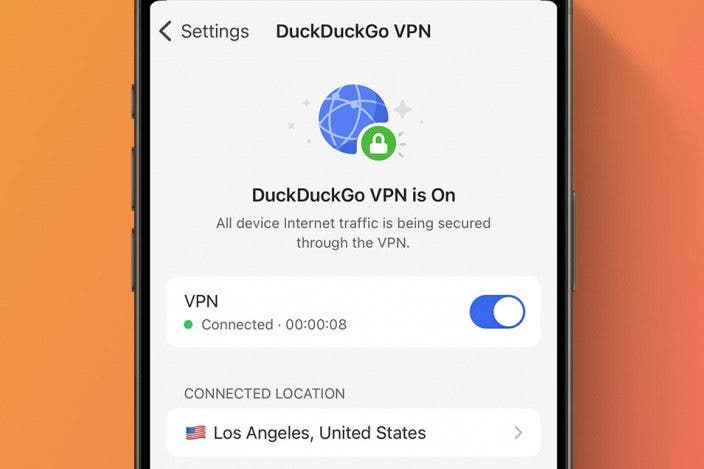
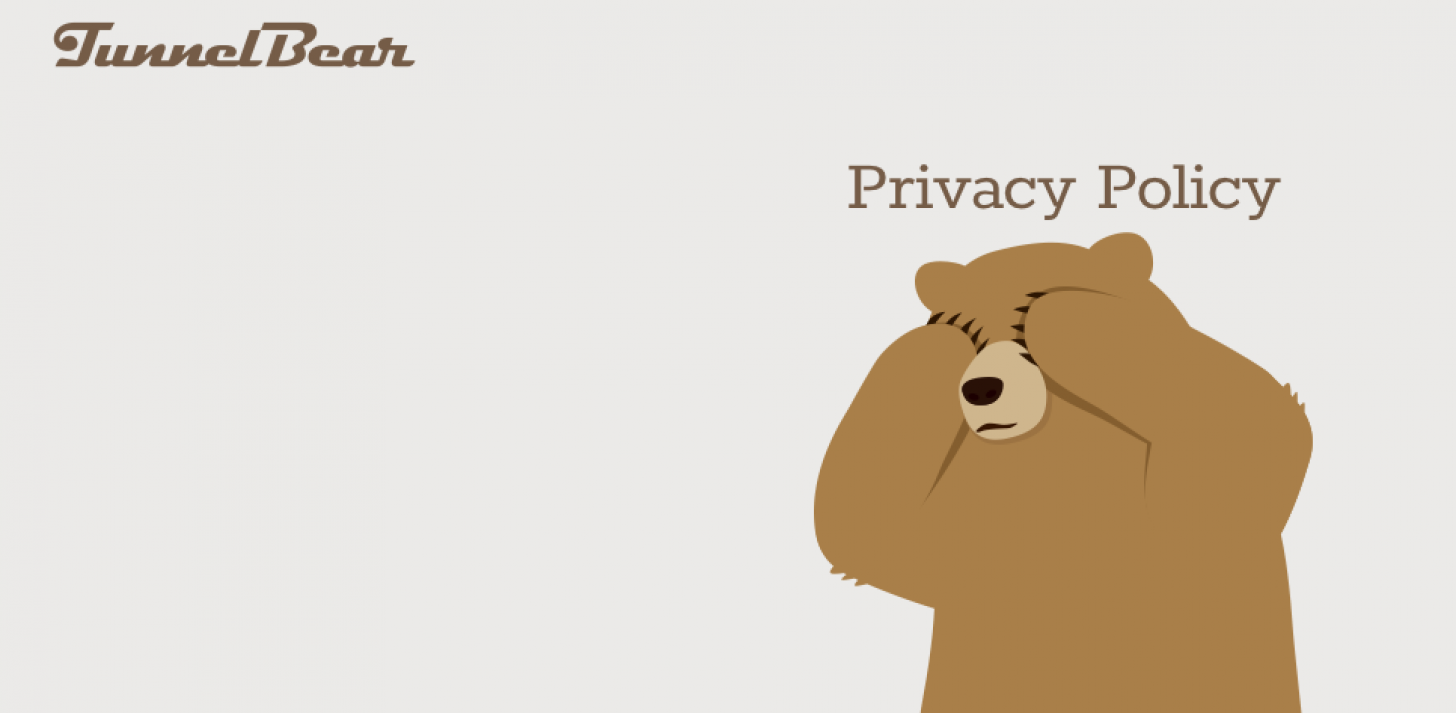
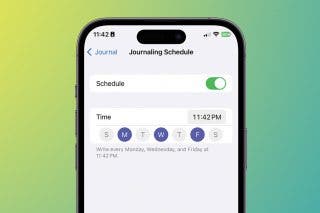
 Rachel Needell
Rachel Needell
 Rhett Intriago
Rhett Intriago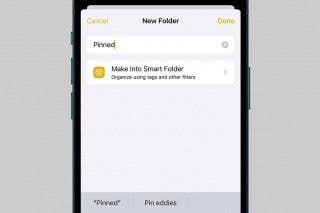
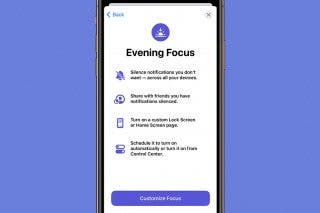

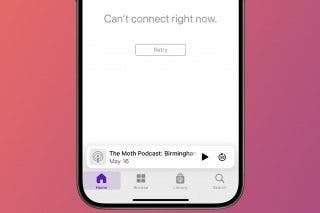
 Leanne Hays
Leanne Hays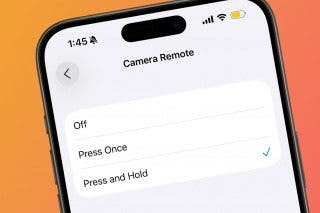
 Olena Kagui
Olena Kagui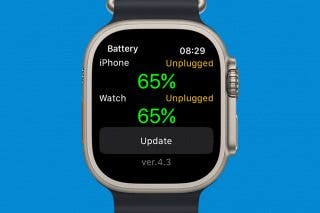
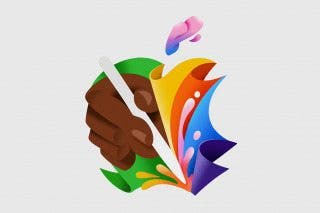
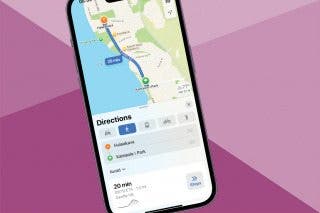

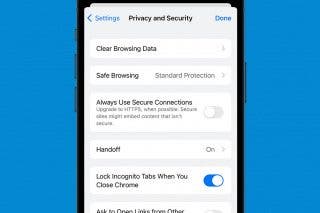

 Amy Spitzfaden Both
Amy Spitzfaden Both
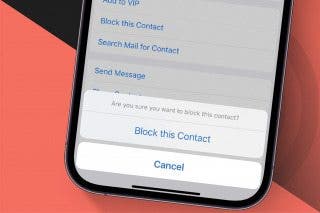

 August Garry
August Garry